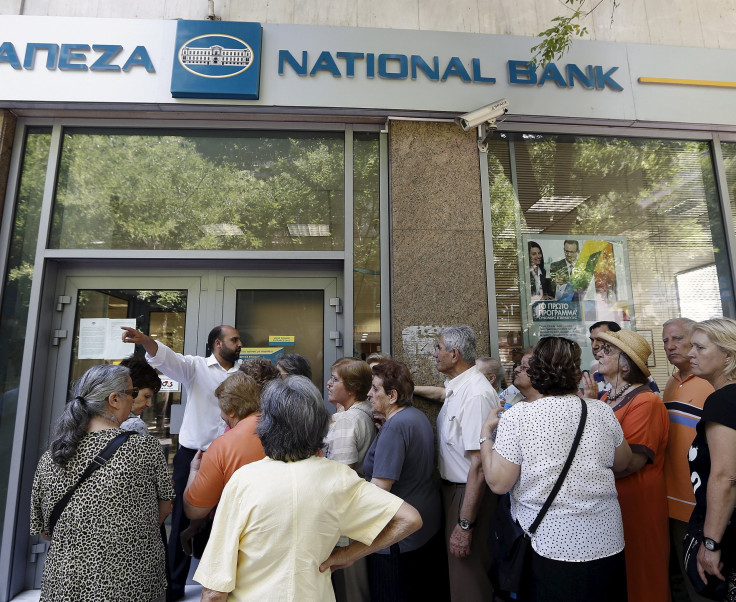Lessons From History: What Do Nazis And The Global Economic Crisis Have To Teach Us About Greece And The Eurozone?

Guess the country: a European nation saddled with debt, an economy propped up with foreign credit, and a defiant population voting in a radical government hell-bent on change. Sound familiar?
Germany -- not Greece -- was for much of the early 20th century gagging on impossibly large debts.
Germany -- not Greece -- was responsible for the biggest national bankruptcy of the previous 100 years.
According to German economic historian Albrecht Ritsch, “The German debt default in the 1930s alone was as significant as the costs of the 2008 financial crisis. Compared to that default, today's Greek payment problems are actually insignificant.”
The golden years of Germany's Weimar Republic were only made possible with borrowed money. Germany relied on funds from the U.S. to pay World War I reparations, but the decade of the 1920s with its superficial prosperity and inflated confidence abruptly burst with the Wall Street Crash of 1929. In the ensuing economic depression the German population, suffering from mass unemployment and the lingering humiliation of defeat, abandoned mainstream political parties in favor of Nazism.
Germany emerged from the World War II a defeated nation – economically and politically. In addition to the debt that originated with the Treaty of Versailles, Germany owed money to Greece and Spain, as well as the U.S., U.K. and France. This debt took the form of loans that helped to rebuild Germany in the aftermath of war.
But in 1953, the London Agreement was signed to cut Germany’s debt in half. Countries, including Greece, agreed to not be paid back fully by Germany in the hope it would create a secure and stable Western Europe – seen as essential in the fight against Communism.
Germany’s debt was far below the level seen in Greece today, but European leaders wanted to avoid a repeat of the high reparations that first paved the way for war. Greece, which suffered a brutal occupation under Nazi Germany, was prepared to forego further reparations to aid reconstruction efforts.

More than 60 years later, Greece faces an exit from the eurozone it helped to create, and ongoing austerity that is crippling its population. Greece has until midnight Thursday to make a proposal to satisfy its creditors, many of which are German. In an open letter to German Chancellor Angela Merkel this week, four economists warned, “History will remember you for your actions this week."
Others are wondering whether Angela Merkel will remember history.
© Copyright IBTimes 2025. All rights reserved.






















